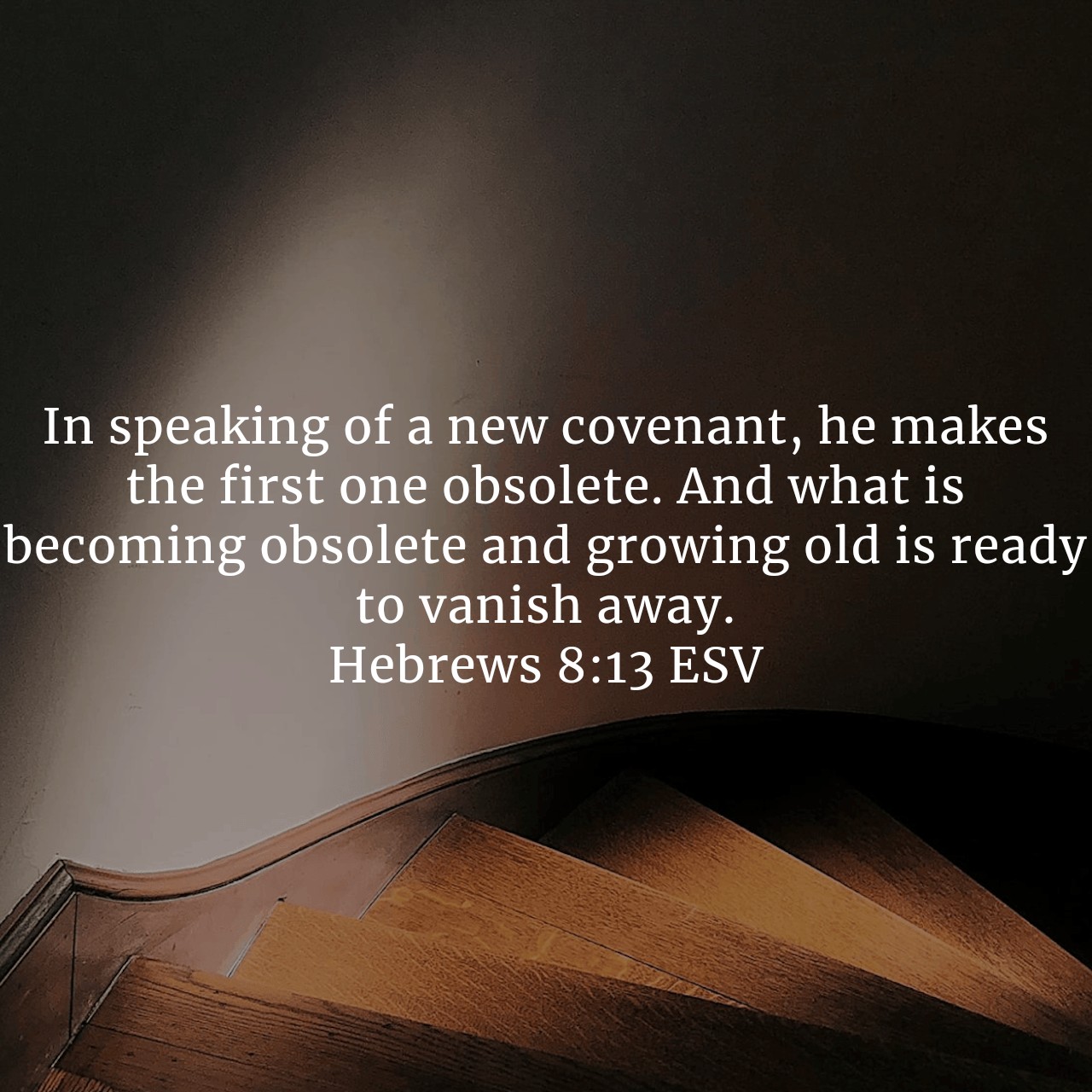Devotional 01 July 2025

Throughout the book of Hebrews, the writer has been guiding us to a sobering yet liberating truth: the old covenant has served its purpose. Like a herald announcing the arrival of a king, the Law and the sacrificial system prepared the way for Jesus. But now that Christ has come, the former things have passed. Hebrews 8:13 is emphatic: the old covenant is obsolete. It has not been paused or preserved for future revival. It is finished, because Jesus has fulfilled it.
Jesus is not a supplement to the old covenant, He is its fulfillment (Matt 5:17). He is the better High Priest (Heb 7:23–28), who offered the final sacrifice (Heb 10:12), establishing a better covenant on better promises (Heb 8:6). The temple system, with its priests and sacrifices, was always meant to be temporary, pointing beyond itself to Christ.
Yet today, many still look to Israel with the hope of a rebuilt temple and renewed sacrifices. But Scripture points us elsewhere. Jesus declared, “Destroy this temple, and in three days I will raise it up,” speaking of His body (John 2:19–21). Revelation confirms that in the New Jerusalem, “I saw no temple in the city, for its temple is the Lord God the Almighty and the Lamb” (Rev 21:22). The dwelling place of God is no longer behind curtains, but now with His people through the risen Christ (Rev 21:3).
We, the Church, are now that city set on a hill (Matt 5:14), the New Jerusalem, with the light of Christ shining in us. We are the living stones being built into a spiritual house (1 Pet 2:5), because the true Temple has come: Jesus Himself, who dwells in us by His Spirit.
To look for another temple is to look away from Christ. To hope for another system of sacrifice is to deny the sufficiency of His once-for-all offering (Heb 10:14). Let us not return to shadows (Col 2:17; Gal 4:9), but hold fast to the substance: Jesus. He is our Temple, our Priest, our Sacrifice, our Covenant.
So let us trust in Him alone for salvation. Let us rest in His completed work, and rejoice that the God who once dwelt in tents and temples now dwells in us.